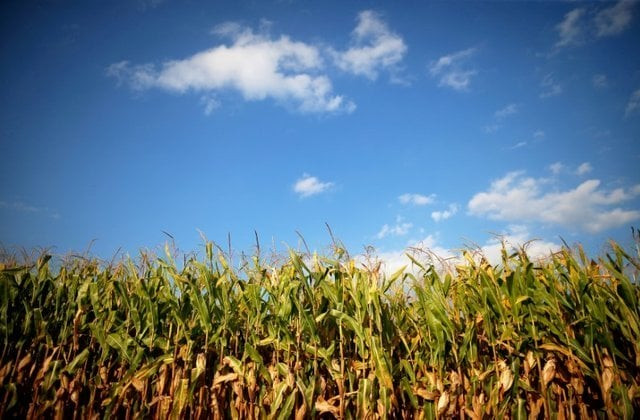Punjab to offer 50% subsidy on certified seeds
Provincial govt plans to launch Rs6b project to promote mechanisation of agriculture sector

A Reuters file photo of an agricultural field.
Under this project, farmers will be given 50% subsidy on the purchase of certified rice seed. At present, the department is pre-qualifying the seed companies in this regard. It is a complete package being given by the government to enhance the productivity of the rice sector.
The project is also aimed at promoting the use of transplanters for increasing plant population in rice fields and extending subsidy on other agricultural implements, said Director Agriculture (Extension) Gujranwala Javed Iqbal while speaking at the MoU signing ceremony. Syngenta Pakistan and Atlas Foods limited signed an agreement to impart training to the rice growers regarding the need-based application of pesticides. The training will create awareness among the farmers to avoid excessive usage of pesticides.
The director agriculture informed that the government will bear 50% of the cost on the usage of different types of machinery such as transplanters, nursery raising machines, DSR-drill, rice straw choppers, rotavators and power sprayers. “The aim is to convert this sector from the present status of tractors into real mechanisation,” he added.
Atlas Foods Limited CEO Samiullah Naeem said that 55% of Pakistan’s economy relies on agriculture and rice is one of the most important crops, which is earning foreign exchange for the country. He said that monitoring of pesticides residue in rice crop has been increased by the European Union (EU), USA and Saudi Arabia since the last three to four years. He added, “Our products are going to high-end market and we have to keep the pesticide residue at their required level.”
Naeem added that unfortunately, pesticide residue for the rice crop in Punjab is high but, in Sindh, it is very good. “This is why paddy of Sindh is getting more price than Punjab,” he added.
Furthermore, the provincial agriculture department has divided the Punjab province into red, blue and green zones to highlight the areas where pesticide residue is high and need to be controlled. He said, “We have to stop wrong and excessive use of pesticides, as it is also harmful to the growers.”
Syngenta Pakistan Head Crop Protection Andre Oliveira and Business Sustainability and CPD Head Syngenta Muhammad Tuseeful Haq disclosed that 400,000 farmers per year were being provided training on the balanced use of pesticides.
Published in The Express Tribune, March 15th, 2020.
Like Business on Facebook, follow @TribuneBiz on Twitter to stay informed and join in the conversation.


















COMMENTS
Comments are moderated and generally will be posted if they are on-topic and not abusive.
For more information, please see our Comments FAQ